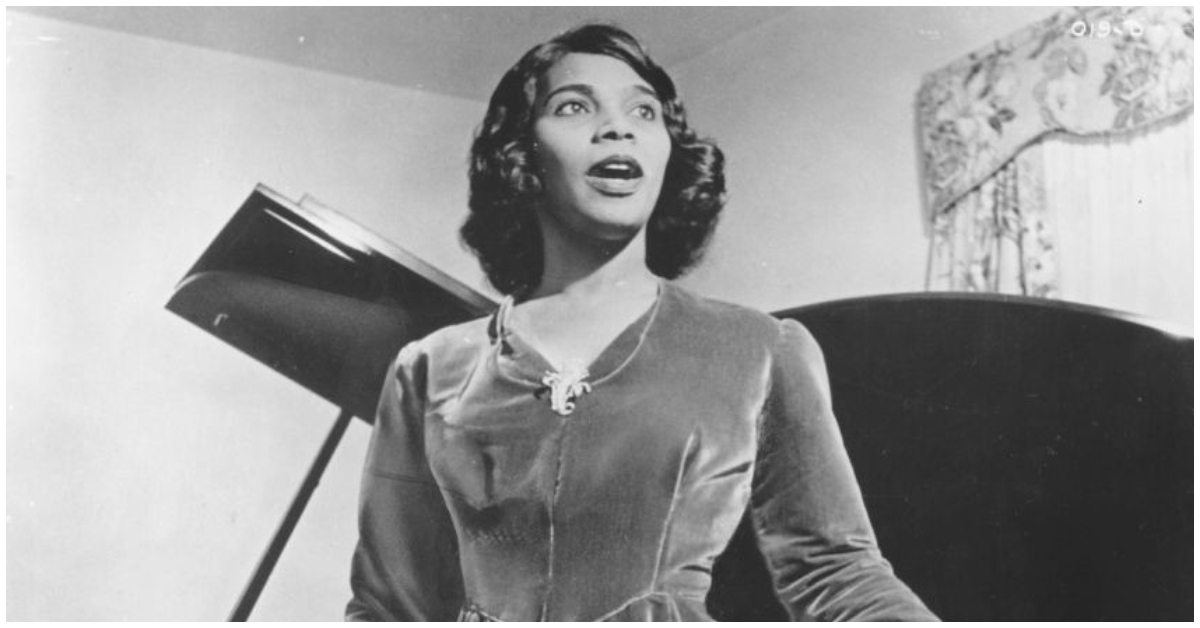The Iconic Moment: Marian Anderson Breaks Barriers at JFK’s Inauguration
On January 20, 1961, history was made when Marian Anderson became the first African American woman to perform at a presidential inauguration.
The renowned contralto singer took the stage at John F. Kennedy’s swearing-in ceremony, captivating the nation with her powerful rendition of the National Anthem.
“O Say Can You See” Echoes Through the Capitol
As Anderson’s rich, velvety voice rang out across the National Mall, she commanded the attention of the massive crowd gathered to witness Kennedy’s inauguration. Her performance was a poignant reminder of the progress made in the fight for civil rights, yet also a stark reminder of the work that still lay ahead.
“Marian Anderson’s voice was a voice for freedom and equality,” said renowned historian and civil rights activist, Dr. Martha Jones. “Her presence on that inaugural stage was a symbol of hope and a testament to the resilience of the African American community.”
Breaking Down Barriers, One Note at a Time
Anderson’s journey to the inaugural stage was not an easy one. In 1939, she was famously denied the opportunity to perform at Constitution Hall by the Daughters of the American Revolution due to her race. Undeterred, Anderson gave a groundbreaking open-air concert at the Lincoln Memorial, which drew a crowd of over 75,000 people.
Her appearance at Kennedy’s inauguration marked a significant milestone in the ongoing struggle for racial equality. It was a moment that resonated far beyond the confines of the Capitol, inspiring millions across the nation and around the world.
A Trailblazer’s Legacy Endures
Anderson’s impact on the civil rights movement extended far beyond her inaugural performance. She was the first African American to perform with the Metropolitan Opera in 1955 and was the only woman to speak or perform at the historic March on Washington for Jobs and Freedom in 1963.
“Marian Anderson’s voice was a clarion call for justice and equality,” said renowned opera singer and activist, Jessye Norman. “Her unwavering commitment to her craft and her tireless advocacy for civil rights paved the way for generations of artists and activists to follow.”





